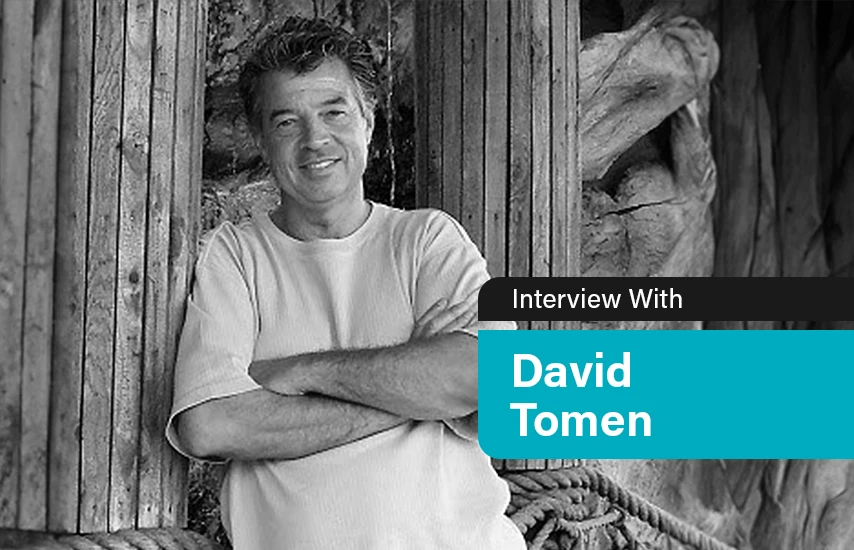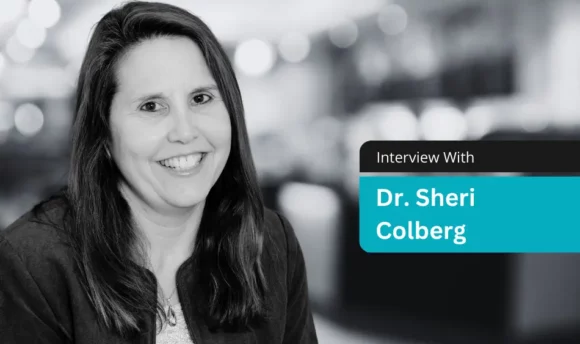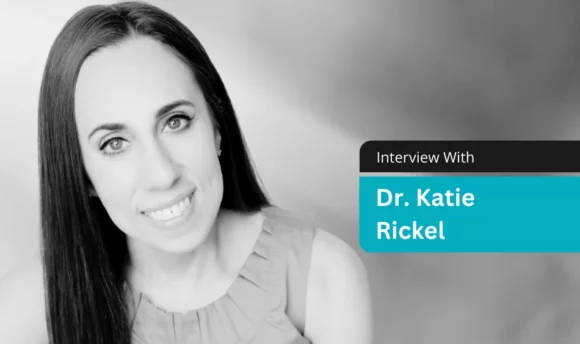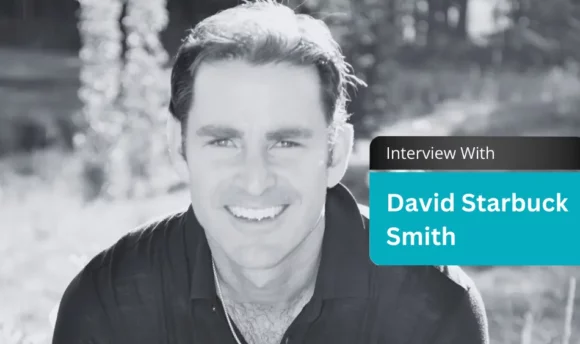David Tomen: “Nootropics Saved My Life”
In this interview, David Tomen shares his powerful story of how nootropics transformed his mental health.

Despite the surge in the popularity of nootropics, many people are skeptical of their efficacy.
To gain a better insight into the world of nootropics, we sat down with David Tomen, an expert in the field.
David has been researching and experimenting with nootropics for almost a decade and has authored several books on the topic. He is also active on his blog and YouTube channel, where he shares his experiences and advice on how to safely and effectively use nootropics.
Could you tell us a little bit about yourself? How did you initially become interested in nootropics?
It all started when I was diagnosed with adult ADD about 16 years ago. Up to then, I had no idea why I struggled with focus all my adult life. I bought books on how to focus. And how to be a better executive. But I just didn’t get it. I thought it was a moral failing and I wasn’t good enough.
Until a psychiatrist told me, I had adult ADD and PTSD. He prescribed Ritalin. And for the first time in my adult life, I could focus.
But two years later, I grew tolerant of Ritalin and was about to panic because it was no longer working for me. So I’m thinking, I finally found something that worked, and now it doesn’t?
I was not going to accept that. So, I started researching how Ritalin worked. And found Ritalin was a dopamine reuptake inhibitor. If Ritalin didn’t work anymore, maybe I didn’t have enough dopamine in my brain?
I went back to my research and found that I could supplement with L-Tyrosine to increase dopamine. I also found that brain cell signaling was a problem with ADD. And it was dependent on acetylcholine.
More research and I learned that using CDP-Choline with ALCAR could increase acetylcholine. I put together my first “nootropic stack” with L-Tyrosine, ALCAR, and CDP-Choline. And Ritalin started working again.
And that was my introduction to “nootropics.” Although, I did not learn that word until several years later.
A few years after the ADD diagnosis, I ended up in the ER. And was told I was hypothyroid. A full-page, two-column list of symptoms, including brain fog and total memory loss.
I had trouble remembering dates and appointments, a failing business, and a crumbling marriage. I saw psychologists, doctors, endocrinologists, neuroscience specialists, and therapists.
Two unrelated neurologists tested me for dementia and early-onset Alzheimer’s disease. But it wasn’t that. The doctors admitted they didn’t know what was wrong and could not help me.
Once again, I was on my own. But I was not about to give up. So, I started researching memory loss and how to get my memory back. It took about 2½ years of experimenting with different supplements. But I finally got my life back and was healthy enough to get back to work.
What kind of lifestyle changes have you found to be most helpful in managing your ADD and PTSD?
Nootropic supplements saved my life. I no longer have problems with focus and impulsive behavior. My memory is better than it has ever been. I’ve been able to build a successful business, and my relationship with my wife is better than it was when we were married 18 years ago.
I have never developed a tolerance to Ritalin again, I haven’t had to increase the dose, and I don’t suffer from a stimulant crash in the late afternoon as the stimulant leaves my system. And I don’t have to deal with any lingering PTSD symptoms because I’m using supplements to help heal the trauma.
What are some of the major benefits you have experienced since incorporating nootropics into your regimen?
The biggest benefit is I am still alive! I’ve invested well over 10,000 hours reading clinical studies on PubMed and translating those findings into plain English. Which I can then share with people who are searching for help with their own brain health issues.
I’ve been able to build a successful business while helping people around the world with their brain health issues. I have a beautiful relationship with my wife, we now live in a gorgeous house, drive a luxury car, travel whenever we want, and life just keeps getting better and better.
What is the most important thing to consider when using nootropics for mental health?
You must be willing to experiment and try different supplements based on your research. Keep on trying different combinations until you find something that works.
It’s likely that it will take several nootropic supplements to help you feel better. Once you find what works, follow the dosage recommendations and keep using them. You will need to take them every day, and depending on the supplement, possibly 2–3 times a day, to feel their full benefit.
What do you think are the biggest misconceptions when it comes to natural remedies?
One of the biggest misconceptions is that there is no evidence that these supplements work. But there are literally tens of thousands of peer-reviewed clinical studies demonstrating how these supplements work and the benefits they can provide. Every nootropic supplement that I have reviewed is supported by 2–3 dozen clinical studies. The proof is there and is so evident that I do not understand how anyone can say, “There is not enough evidence.” It’s just not true.
And drugs like Ritalin, Adderall, and Modafinil are NOT nootropics. Anything that helps the human brain and requires a prescription to get it is a “smart drug.” Natural nootropic supplements do not require a prescription. You can get them at any local vitamin shop or health food store.
What kind of advice do you have for those who are struggling to find relief from mental health conditions?
There is no “one pill” solution. Chances are you will need to use more than 2 or 3 nootropic supplements for you to feel better.
You must keep an open mind and be willing to experiment. Do your research. Go to NootropicsExpert.com or my YouTube channel. Or get my book Head First. And find out how each supplement works and how it helps other people with the same health issues you have. Try using the supplement for a few days. And if it does not work, try something else. Keep at it until you find what works for you.
What advancements in the health and wellness fields are you most excited about?
I am amazed at how many researchers around the world continue to dive into how these natural nootropic supplements work. There are new findings published every single day. And if I don’t keep up with it, someone in my community will make me aware of the new studies.
Share with us, are you currently working on any exciting projects?
My latest book has been released, and it’s called “Head First: 2nd Edition – The Complete Guide to Healing and Optimizing Your Brain with Nootropic Supplements”
There is no other book out there like “Head First.” The book is dedicated exclusively to natural supplements, not smart drugs such as Ritalin or Adderall. You do not need a prescription for supplements because they can be found at any local health food store or vitamin shop.
I break down complex neuroscience and how the brain works, so readers can better understand how supplements work. I also included two chapters on my recommendations that can be used to help those suffering from anxiety, autism, ADHD, depression, OCD, PTSD, traumatic brain injury, and more. Because I believe that you can literally turn your life around if you take care of your head first!

















































 Select your language:
Select your language: 







